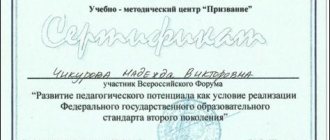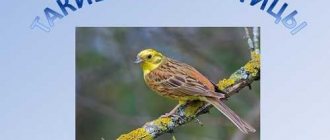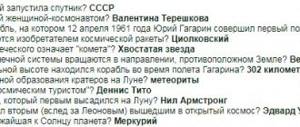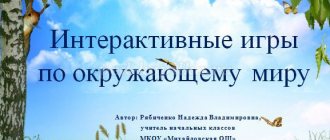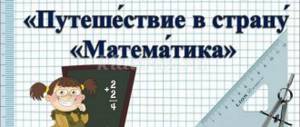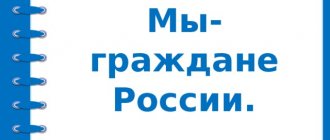Content
Ask questions!
– page 3 What and who?
What is Motherland? – page 10
What do we know about the peoples of Russia? – page 12
What do we know about Moscow? – page 14
► Project “My Small Motherland” p. 16 examples for different cities of Russia
What's over our heads? – page 18
What's under our feet? – page 20
What do different plants have in common? – page 22
What's growing on the windowsill? – page 24
What's growing in the flowerbed? – page 26
What kind of leaves are these? – page 28
What are needles? – page 30
What are insects? – page 32
Who are the fish? – page 34
Who are the birds? – page 36
Who are the animals? – page 38
What surrounds us at home? – page 42
What can a computer do? – page 44
What could be dangerous around us? – page 46
What is our planet like? – page 48
Let's test ourselves and evaluate our achievements - page 50
How, where and where?
How does the family live? – page 56
► Project “My Family” – page 58
Where does water come into our house and where does it go? – page 60
Where does electricity come into our home? – page 62
How does a letter travel? – page 64
Where do the rivers flow? – page 66
Where do snow and ice come from? – page 68
How do plants live? – page 70
How do animals live? – page 72
How to help birds in winter? – page 74
Where does garbage come from and where does it go? – page 78
Where does dirt come from in snowballs? – page 80
Let's test ourselves and evaluate our achievements p. 82
The world around us 1st grade Federal State Educational Standards school of Russia: getting to know the world
In the first grade, newly-minted little schoolchildren begin their long and thorny path to obtaining knowledge and a certificate of secondary education. The school curriculum involves mastering many disciplines, but the “world around us” is one of the most interesting, fascinating, and at the same time, complex disciplines. It is this that serves as a powerful basis for theoretical and practical knowledge that will be useful not only in high school, but also in adult life.
To make your first acquaintance with the natural sciences, natural phenomena and worldbuilding crowned with success, we recommend using the GDZ on the surrounding world for 1st grade. This practical guide will help children more easily master the material covered, understand the essence of the topic and do their homework correctly.
The solver clearly reveals each answer to:
- questions at the end of paragraphs and sections;
- tasks and examples;
- test tasks;
- questions from the workbook;
- control and measurement issues;
- check blocks.
The auxiliary publication allows you to monitor the accuracy of performing practical exercises, and also helps your child develop:
- Creative skills;
- critical and logical thinking;
- concentration and memory;
- perseverance;
- analytical skills;
- the ability to correctly formulate thoughts;
- the ability to independently perform any, even the most complex, work.
But the main effect of the publication can safely be called an increase in the child’s cognitive interest in further education. After all, a child should not just automatically complete tasks and solve examples - he should do it with interest and enthusiasm. This is the only way to achieve improvements in academic performance.
